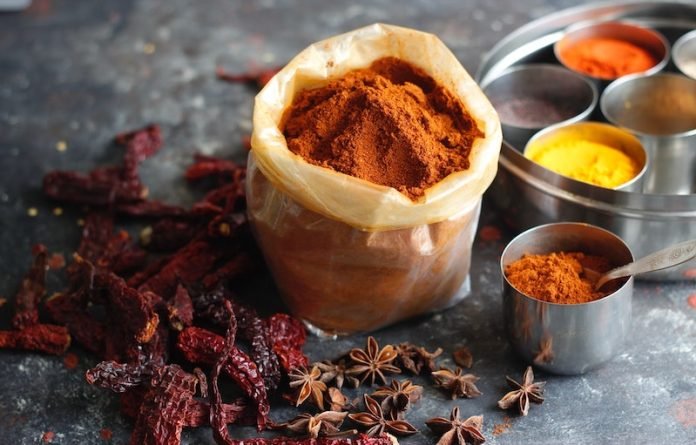
A recent study conducted by scientists from Urmia University of Medical Sciences found that turmeric compounds and vitamin D supplementation may improve blood pressure health in people with type 2 diabetes.
Curcuminoids, which are the active ingredients in turmeric, have been used for medicinal purposes for years in Asian countries.
Curcumin, in particular, has received a great deal of attention due to its anti-inflammatory, anticarcinogenic, and antitumor activities.
Vitamin D, which is both a nutrient that we eat and a hormone that our bodies make, is critical for building bones as it helps the body absorb and retain calcium and phosphorus.
Previous research has shown that vitamin D can also reduce cancer cell growth, help control infections, and reduce inflammation.
Moreover, many of the body’s organs and tissues have receptors for vitamin D, which suggest important roles beyond bone health, and scientists are actively investigating other possible functions.
Although curcuminoids and vitamin D have been shown to improve blood pressure and body weight in diabetic animals, consistent findings in type 2 diabetes patients are limited.
In this study, the team examined the effects of curcuminoids and vitamin D, simultaneously or singly, on blood pressure in people with type 2 diabetes and insufficient vitamin D levels.
The researchers tested 80 people with type 2 diabetes who were divided into four groups and received either curcuminoids, vitamin D, a combination of both, or placebos for 12 weeks.
The team measured blood pressure before and after the intervention and found that vitamin D reduced both systolic and diastolic blood pressure, while curcuminoids strongly reduced diastolic blood pressure.
The researchers also discovered that curcuminoids strongly prevented the effect of vitamin D on the reduction of systolic blood pressure.
However, vitamin D and curcuminoids had a combined effect on the reduction of diastolic blood pressure.
The team concludes that curcuminoids and vitamin D may have beneficial effects on blood pressure in individuals with type 2 diabetes, but further research is needed to determine why curcuminoids and vitamin D have different effects on systolic and diastolic blood pressure.
Foods that are high in curcuminoids include turmeric, mango ginger, curry powder, and curry dishes, while foods high in vitamin D include salmon, herrings and sardines, cod liver oil, canned tuna, egg yolks, mushrooms, and fortified foods.
This study, conducted by Shirin Ebrahimkhani et al., was published in Clinical Nutrition ESPEN.
If you care about blood pressure, please read studies that bottom blood pressure number can predict your dementia risk, and Vitamin B can reduce hard-to-treat high blood pressure.
For more information about blood pressure, please see recent studies that black licorice could cause dangerous high blood pressure, and this common plant nutrient could help reduce high blood pressure.
Copyright © 2023 Knowridge Science Report. All rights reserved.



